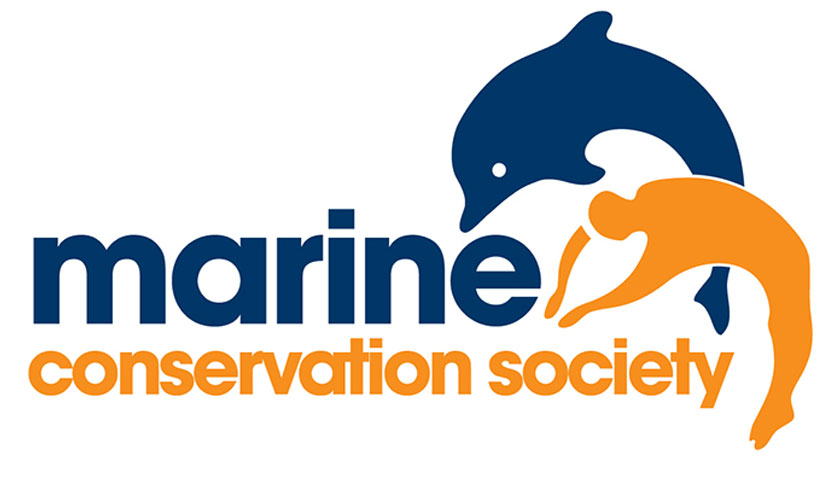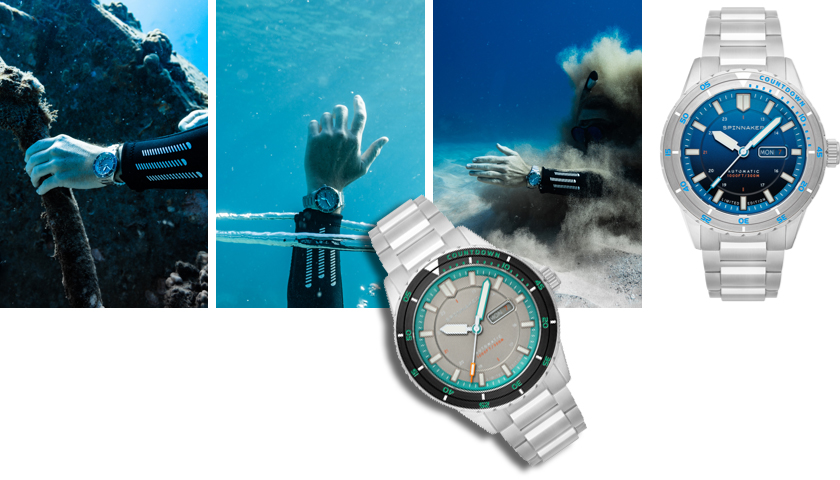Government to require microfibre filters in all washing machines, by law, by 2024 says charity.
For every load of laundry washed, as many as 700,000 microfibres[1] can flow into our water systems. Across the UK, at least 9.4 trillion fibres could be released into the environment in one week alone[2], with many of them ending up in the ocean and on our beaches. The UK’s leading marine charity, the Marine Conservation Society, is calling on Government to help stop the flow of plastic fibres entering the ocean.
The charity is urging for washing machine manufacturers to be required, by law, to include microfibre filters in all washing machines from 2024. These filters would be internally fitted in domestic and commercial washing machines and would capture microfibres in the same way lint is caught in tumble driers, reducing the flow of plastic fibres into the ocean.
The Marine Conservation Society needs the public’s support to make this a reality, by signing a petition urging Government to put policy in place. The French Government recently introduced legislation of the same kind, with a deadline set for the end of 2024. The UK Government must now follow suit and be ambitious with the deadline for requiring filters.
Dr Laura Foster, Marine Conservation Society’s Head of Clean Seas says: “Despite just 40% of the UK public having heard of ‘microfibre pollution’ before taking a recent survey from YouGov, once made aware of how prolific the pollution is, most (81%) supported legislation to get microfibre filters fitted into all new domestic washing machines[3]. We believe that these filters will make a real difference to the microfibre pollution in our seas.
“We want to see all manufacturers committing, over the next 12 months, to having the filters within all their designs. Government legislation will provide the push which is needed to see microfibre filters in all washing machines in the future.”
Fabrics such as polyester, nylon and acrylic are created using plastic microfibres; with every wash and wear these shed from our clothes, ending up in the environment and the ocean. Once in the ocean, microfibres can be eaten by marine animals which mistake the tiny fibres for food. In fact, 63% of shrimp in the North Sea have been found to contain synthetic fibres[4]. This means that microfibres are not only affecting marine life, but they’re ending up on our plates. You can take some actions now to reduce the amount of microfibres ending up in the sea by following our top tips which include washing at 30 degrees and using fabric softener. Find out more here.
To sign the petition and learn more, please visit Stop Ocean Threads.
[3] YouGov Plc. Total sample size was 2136 adults. Fieldwork was undertaken between 9th – 10th March 2020. The survey was carried out online. The figures have been weighted and are representative of all GB adults (aged 18+).


